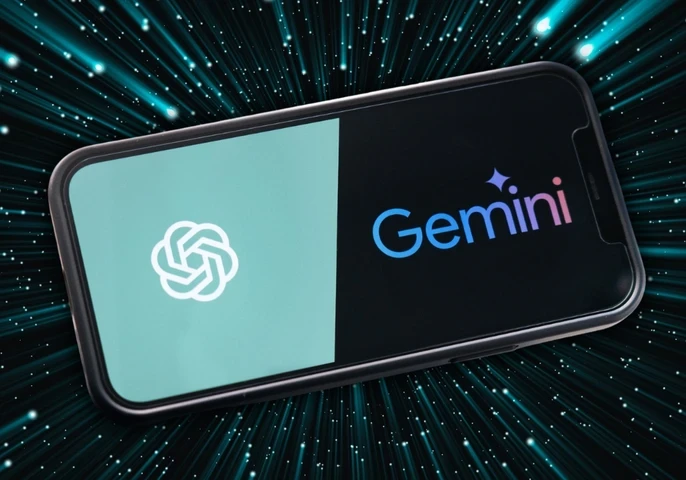The EM360 team was at Tech Show London 2023 to interview business leaders and industry experts about everything Enterprise technology – from AI to cybersecurity to data.
Yesterday we spoke to Stelios Zarras, an analytics and AI specialist for Microsoft, about the rise of generative AI technologies like ChatGPT, and the future of AI-driven analytics in the future of the enterprise.
Generative AI: the future of the enterprise
When asked for Microsoft’s take on the rapid evolution and explosion in popularity of generative AI technologies like OpenAI’s ChatGPt, Mr Saras explained the technology represents a whole new era for not only enterprise technology – but technology as a whole.
“Generative AI technology has swiftly been taking us to a whole new era. We're in the space of generative AI, we're not even talking about machine learning or deep learning – we’re talking about generating.
The trends we are seeing are how can we use that technology to help customers no matter what industry they are in, to do things faster and more intelligently. It’s a technology that can generate code, so as lots of developers will say, you don’t even need to have the skills in every coding language.
The technology can generate code that can not only help generate apps faster but also for companies that deal with contact centres or have lots of documents to process. I’m sure OpenAI can do it – [ChatGPT] can summarise everything very quickly and give answers back in natural language. You will not understand if something was produced by a human or by the model.”
Cutting through the AI stigma requires education
When asked about AI bias, which is the centre of some of the controversy surrounding generative AI, Mr Saras explained that education will be key to detaching the stigma and fears of AI away from the true potential of the technology.
“The biggest challenge, and I think it's a good challenge, is to educate everyone. When people hear the term ‘generative AI’ they think: do I need to be a data scientist? No. These models are pre-configured so pretty much everyone can make use of them.
The second challenge has to do with ethics. if we talk about companies that work within healthcare or within the government, they care a lot about the ethics of these models, so there's a lot of education to be done on. Although these models have their own intelligence in some way, they don't produce unethical, irresponsible outcomes because that goes against the principle – not only of Microsoft but yeah, of every creator of these technologies,” Mr Saras said.
“If we want to maximise [AI], the capabilities of the technology are one thing. But as a cloud provider and as a service provider we have a very big skills platform. it's called Microsoft Learn, which is free of charge so everyone can go used build the skills that they want to build.
We have a very ambitious goal to educate hundreds of thousands of people in the UK to build their right skills because that's fundamental to make sure that you maximise what you can make out of technology.”






